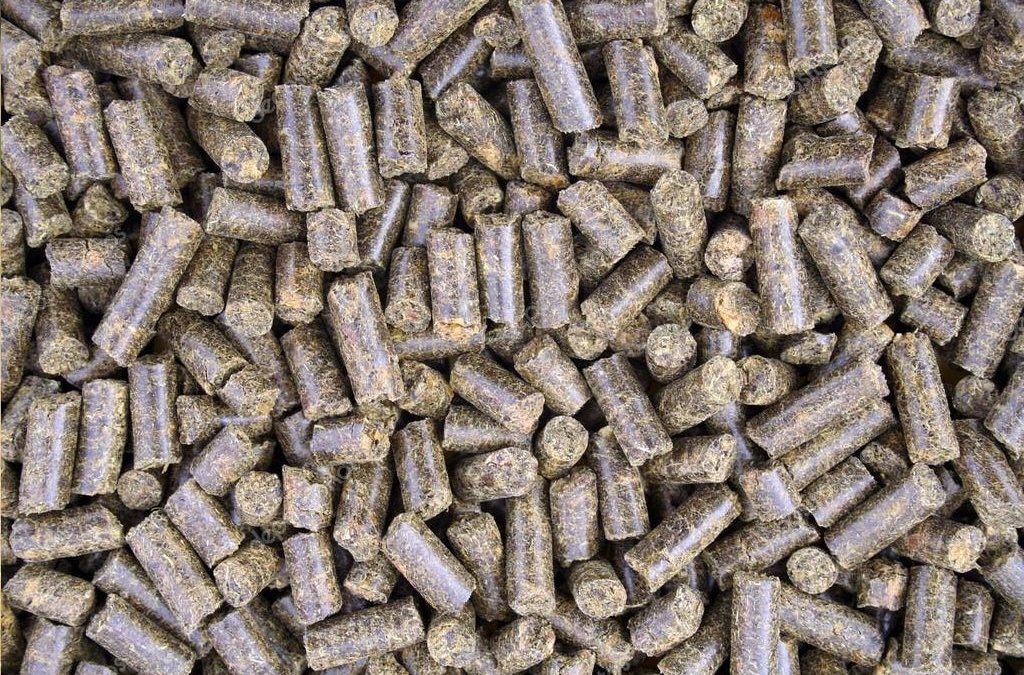
Feeding Myths Debunked – Pellets & Beet Pulp
There are a number of myths and misconceptions when it comes to feeding the horse. Many traditional feeding methods have been passed from generation to generation of horsemen, and while some of these methods are still useful, many are outdated and even detrimental to the horse’s nutritional health.
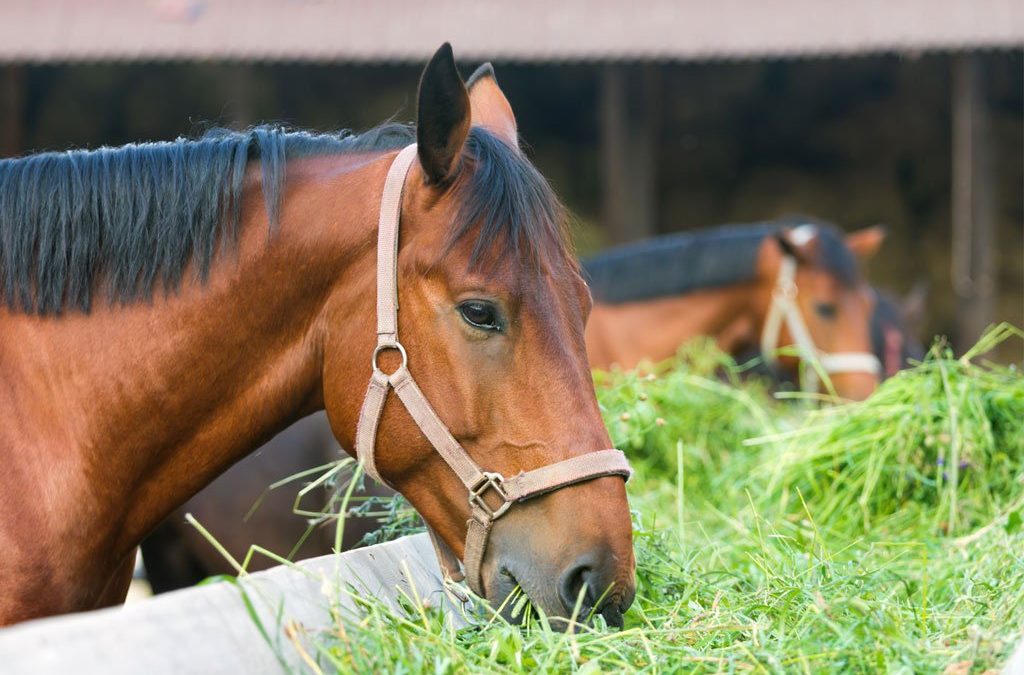
Feeding the Finicky Equine
Feeding horses with a selective palate can become a frustrating matter, but horses that become particular about what they want in their feed tub are not uncommon. Horses that compete and train at levels that expend great amounts of energy can have trouble consuming enough feed to meet energy (calorie) demands. Older and recuperating horses also tend to back off their feed as well. In order to maintain your horse’s nutritional demands and overall body condition, well-organized feeding strategies become vital.
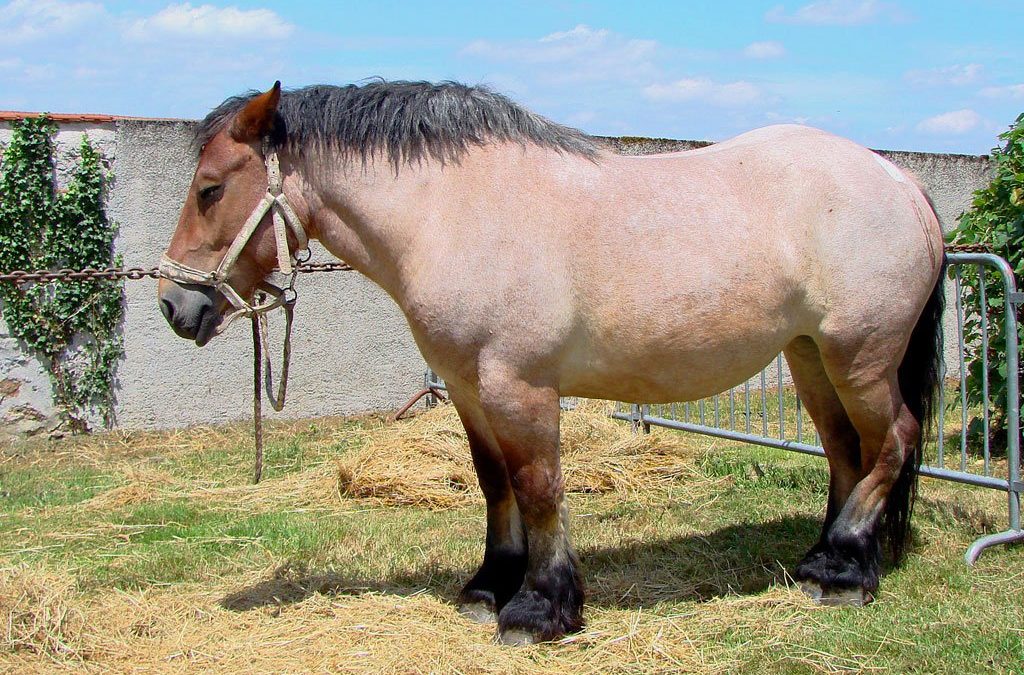
Feeding the Overweight Equine
Equine obesity comes with its fair share of complications, just as it does in humans. As discussed last time, organ failure, intolerance to exercise, laminitis, and predisposition to certain conditions are all unfortunate consequences of being an overweight horse. Insulin resistance, the body’s inability to store starch and sugar properly in the body, is also a very common side effect with overweight horses, which must then be treated for the entirety of the horse’s life.

Feeding the Traveling Horse
Spring is here and with the warmer weather comes thoughts and plans of hitting the road with our horses for trail rides and horse shows. Getting to and from events is fairly straightforward when the distance to travel is short but traveling long distance with your horse involves a bit more planning. Horses are creatures of habit and thrive on routine on a daily basis, so the disruption of normal feeding, sleeping and working schedules associated with travel can be a cause of undue stress for our equine friends.
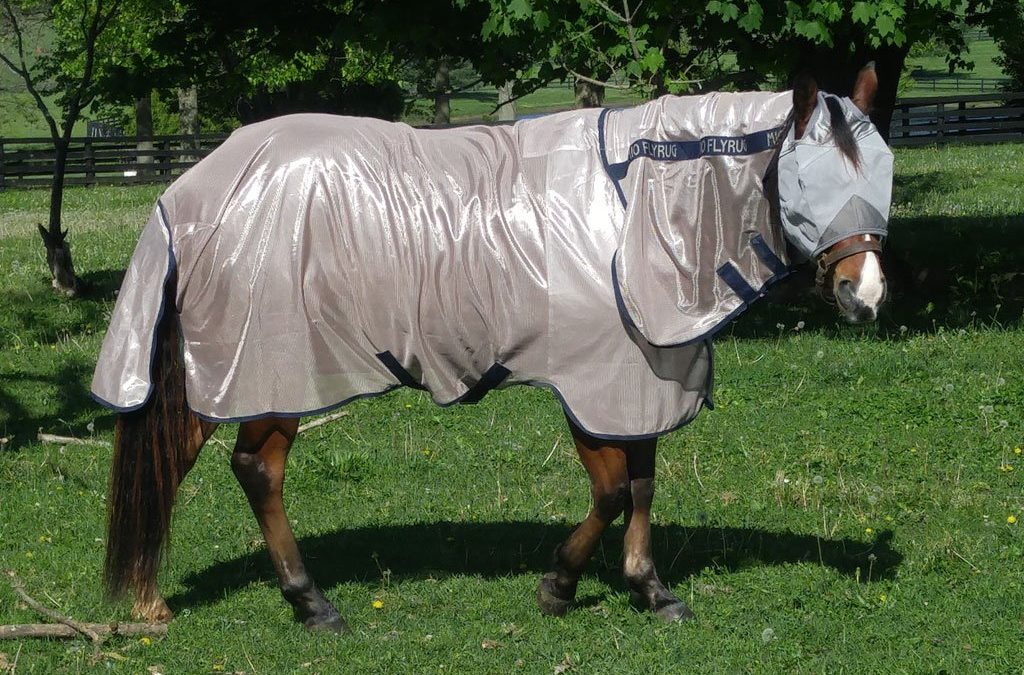
Fighting Fly Allergies & Mosquito Borne Diseases
It Takes More Than Insect Repellent To Manage Fly Allergies & Mosquito Control Issues. Learn How To Prepare Yourself For This Season’s Pest Control Problems.
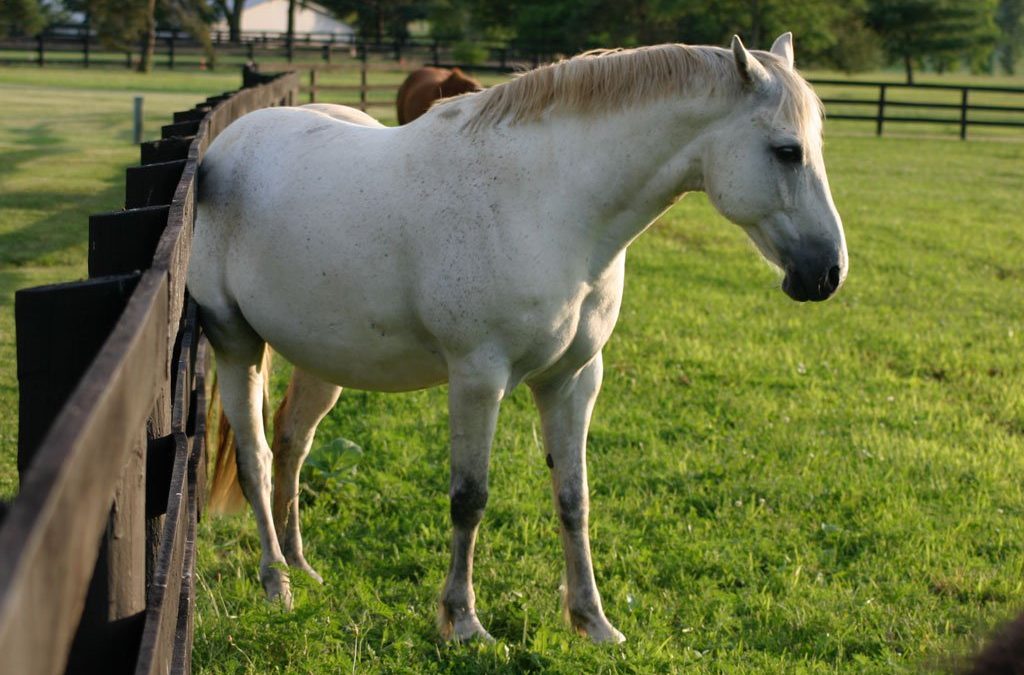
Food Allergies in Horses
Over the past several years, testing horses for horse feed allergies has become very popular in veterinary practice. When a horse develops a skin and/or respiratory problem, the feed the horse is eating immediately becomes suspect as a causative agent. What is problematic about this situation is that the horse is limited to all vegetarian dietary ingredients and with the list of possibilities that can be used to make horse feed limited to twenty, it has not been uncommon for the allergy test to come back reporting the horse is allergic to almost all the ingredients in feed. Why is this occurring and what is a better way to test for food allergies?
